The Importance Of Efficient Thermal Insulation In Industrial Doors
06 March 2024
5 Mins Read

toc impalement
For companies in every sector of industry, energy efficiency is an important consideration. It relates not only to the cost savings that they can make but also to sustainability goals.
One important factor that is not always taken into consideration when thinking about energy efficiency is the insulation of industrial doors. However, this is something that can significantly affect costs and consumption of energy.
With this in mind, let’s take a look at the importance of efficient thermal insulation in industrial doors and the benefits of ensuring your insulation is up to the job.
Thermal Insulation: What Is It, What Does It Involve, And More!
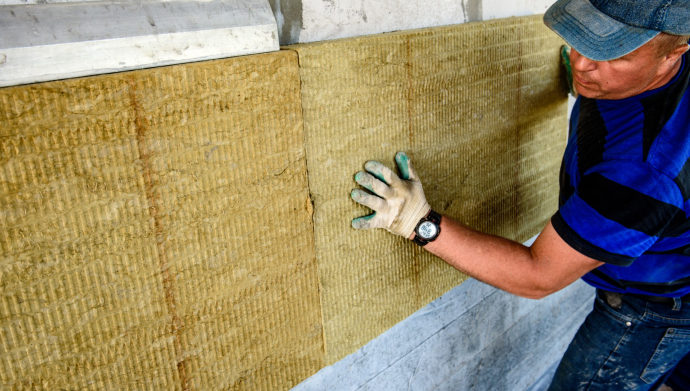
Thermal insulation is a technique that helps reduce heat transfer or the transfer of thermal energy between objects. This happens between objects that have differing temperatures when they are in contact.
Heat transfer may also happen when the objects are in the range of influencing each other’s radiation. Special processes or methods help achieve thermal insulation, which might be easily achievable with the use of suitable materials or shapes.
Taking you back to the elementary physics lessons, heat flow is inevitable when two objects are in contact. More so when these objects are at different temperatures, this helps the objects reach an equilibrium, simply being at an equal state.
There is a thermal barrier that is created with the help of thermal insulation. The reason this is important in industries is simply to save energy. Thermal conduction with the help of insulation is possible. This helps to reflect the thermal radiation so that the lower-temperature body does not absorb it.
The inverse thermal conductivity is a measurement of the material’s insulation ability. It is denoted by “k.” Low thermal conductivity is equal to high insulating capability, which is also popular as resistance value.
Industrial doors require thermal insulation when they are necessary for separating temperature zones. These doors are ideal for areas where a division is necessary. For the longest time, asbestos and other materials such as rock wool, cellulose, urethane foam, and cork were actively used.
How Is It Helpful In Industries?
Insulation of industrial doors allows the area to be energy efficient and helps reduce the carbon footprint. It also allows a uniform temperature throughout the area such that there is less temperature gradient.
Industrial energy regulation involves spending energy to lower, raise, or maintain a temperature. The insulation of such areas, fluids, or objects allows the energy requirement of the process to be stable. Thus stabilizing the environmental impact and cost for the industry.
Industrial doors with thermal regulation act as space-saving systems that can adapt to different industrial facilities. Moreover, such doors ensure planning reliability when an industry is utterly new or will undergo renovation.
Apart from being good for the cost-saving efforts of an industry, it is also good for the environment as it helps them meet carbon-neutral standards.
Energy savings
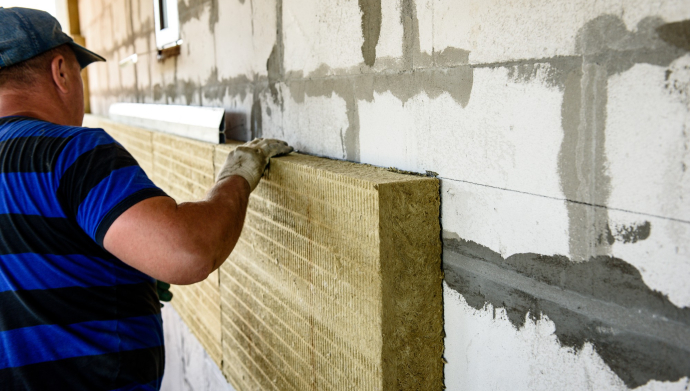
In today’s fast-paced world of business, where competition is rife, and the bottom line can be quite tight, energy efficiency is every organization’s top priority. This means trying to reduce not only their carbon footprint but also their operational costs.
Insulated industrial doors are doors that have been designed specifically to help ensure thermal insulation in your building. They help to regulate the temperature indoors whilst also ensuring minimal heat transfer between various areas of your industrial setup.
The insulation plays an important role in significantly reducing the amount of energy that is necessary to either cool or heat a building. Therefore, getting this right can help you to make substantial savings on your energy bills. Let’s take a look at exactly how they achieve this.
Temperature Control
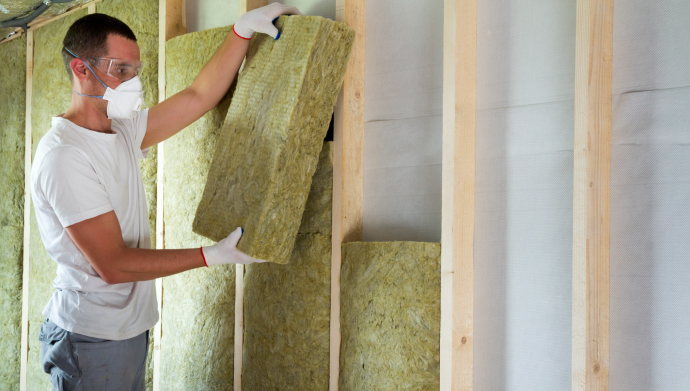
Thermal insulation on industrial doors can help to create a barrier between your exterior and interior space, therefore minimizing the transfer of heat.
During the hotter months of summer, they help by preventing warm air from finding a way into your premises. Thus, this reduces the need to rely on air conditioning to help keep your interiors cool.
In the same way, during the colder months, thermally insulated industrial doors can help to keep the cold air out of your building. This can reduce your loss of heat and thus prevent you from relying on heating systems.
Efficiency of HVAC systems
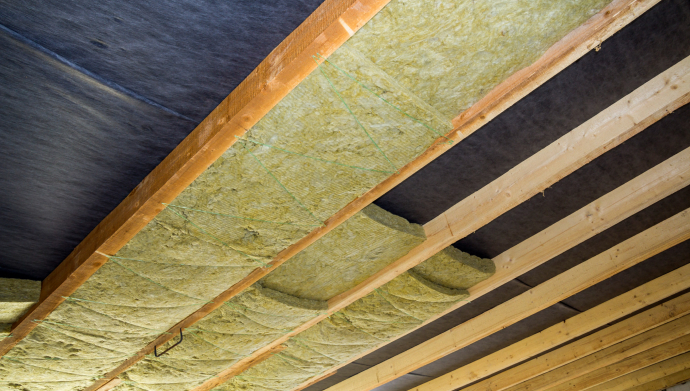
When you reduce the fluctuations between your interior and exterior spaces with industrial doors that have insulation, you are also reducing the burden that you place on your Heating, Ventilation and Air Conditioning systems (HVAC).
These systems are, therefore, able to operate in a much more efficient manner at times when there is a decrease in demand for cooling or heating. This results in a reduction in the consumption of energy and lower bills.
Prevention of energy loss
The more non-insulated doors that have traditional uses, the more they can contribute to loss of energy as a result of both leaking air and transfer of heat. On the other hand, insulated industrial doors are ideal to seal tightly when closed.
This prevents air infiltration and minimizes the chance of energy loss. The tight seal that is provided can help to maintain a temperature that is consistent within your building, and this reduces the requirement for continuous operation of HVAC, which can result in saving energy.
How are insulated industrial doors beneficial?
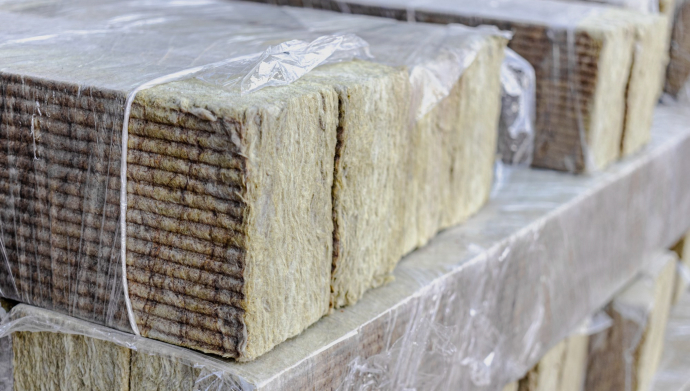
One of the biggest benefits of efficient thermal insulation in industrial doors is, of course, the energy savings that can be made. However, there are a number of other benefits that can result from this. These include:
- Better thermal comfort – Improves the working environment by making it comfortable. It is created for employees where a consistent temperature is maintained.
- Noise reduction – the sound-dampening properties of insulated doors can assist in reducing the transmission of noise between areas of your facility. This makes it very beneficial in an industrial environment where there is machinery that is particularly noisy.
- Improved durability – industrial doors with insulation are manufactured to withstand a lot of heavy usage whilst offering a performance that lasts long. Components and durable materials are useful in their manufacture to ensure this reliability and potentially minimize maintenance costs..
- Protection and security– finally, insulated industrial doors offer robust security.
With all these benefits to be had, is it time your business took a look at your current doorways to see if you could do something better?
Types Of Industrial Doors With Thermal Insulations
-
Sectional doors in industries
These doors help save space while also adapting to the needs of the industrial facility. Insulating these doors can help in the convenient passage that is also energy saving.
-
High-speed industrial doors
High-speed doors are helpful in areas that anticipate a lot of traffic while also needing insulation to limit the loss of energy. Insulating such doors can help improve conditions, whether they are used as interior or exterior doors.
-
Rolling grilles and shutters
Sturdy and economical, these doors are capable of withstanding harsh environments. Insulating these can provide ease of passage due to the doors’ push-pull type or mechanical gear operation.
Read Also:


















Comments Are Closed For This Article